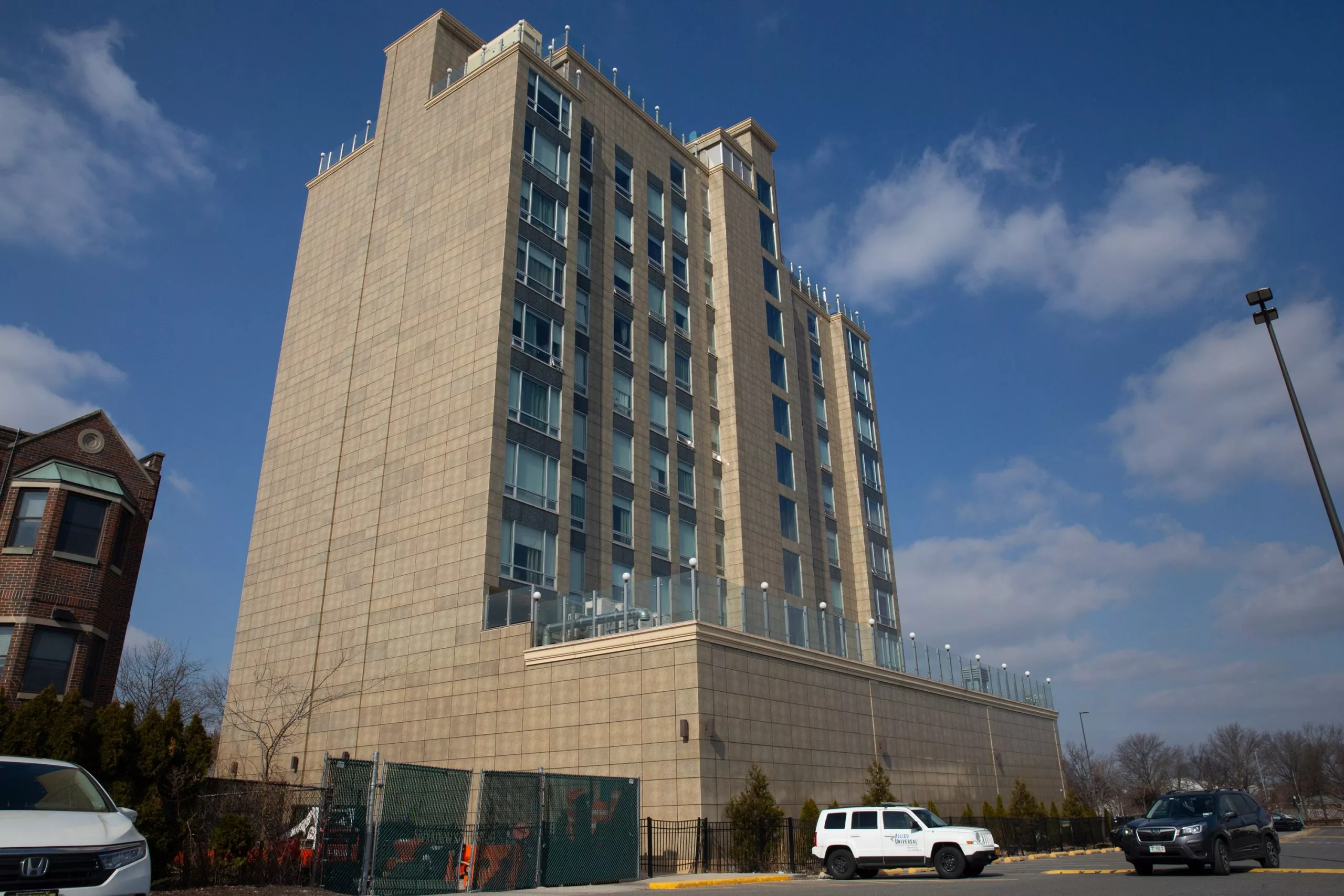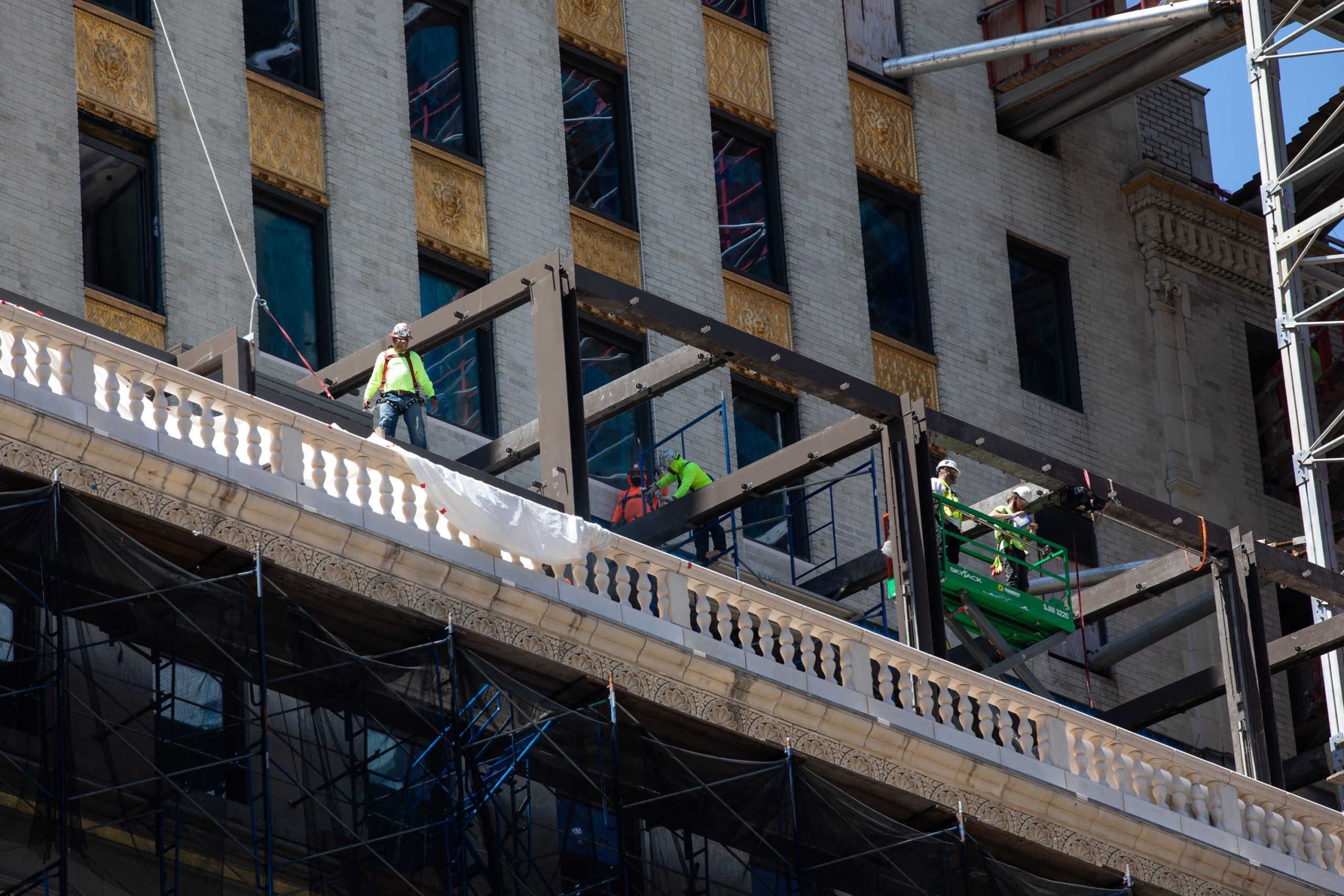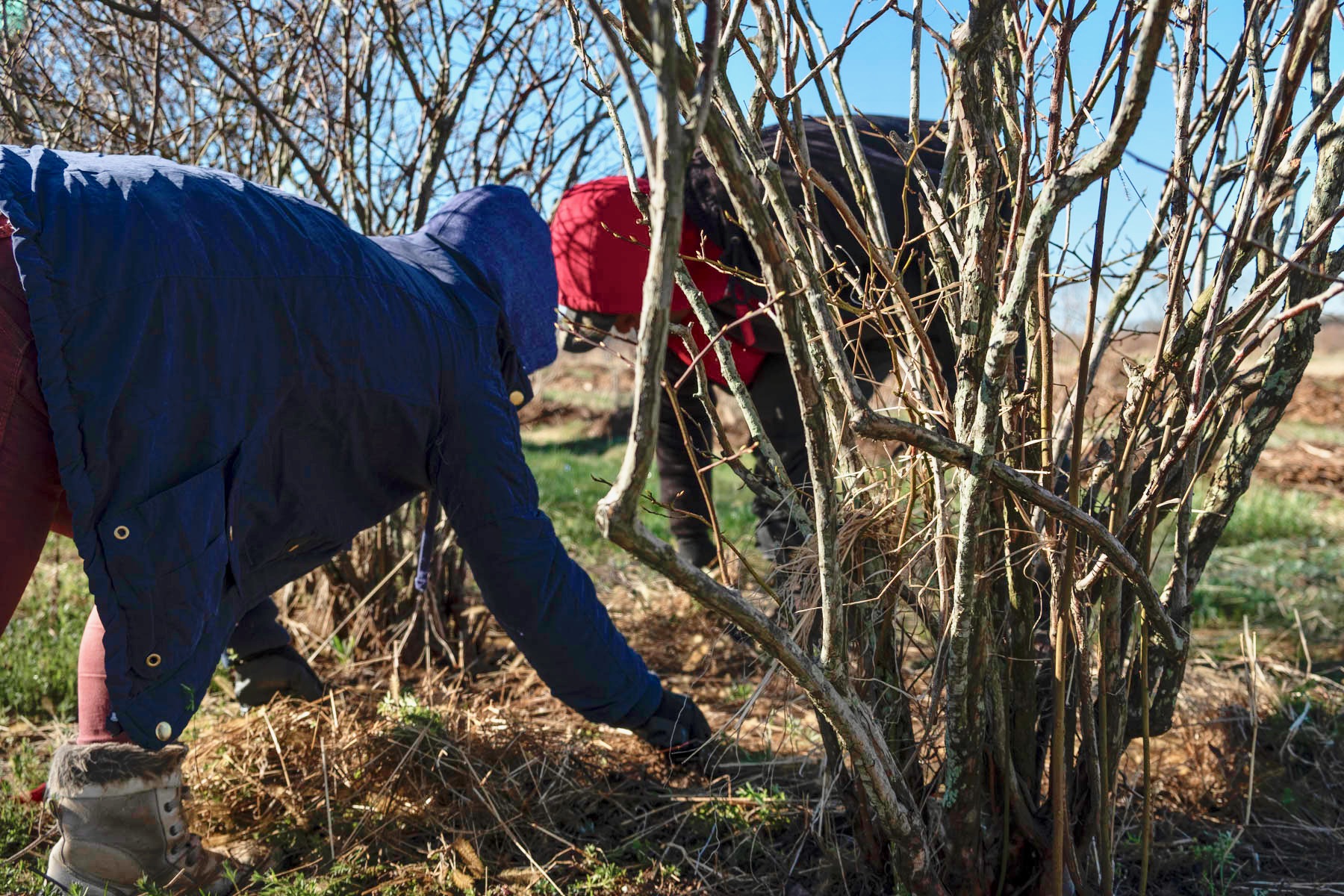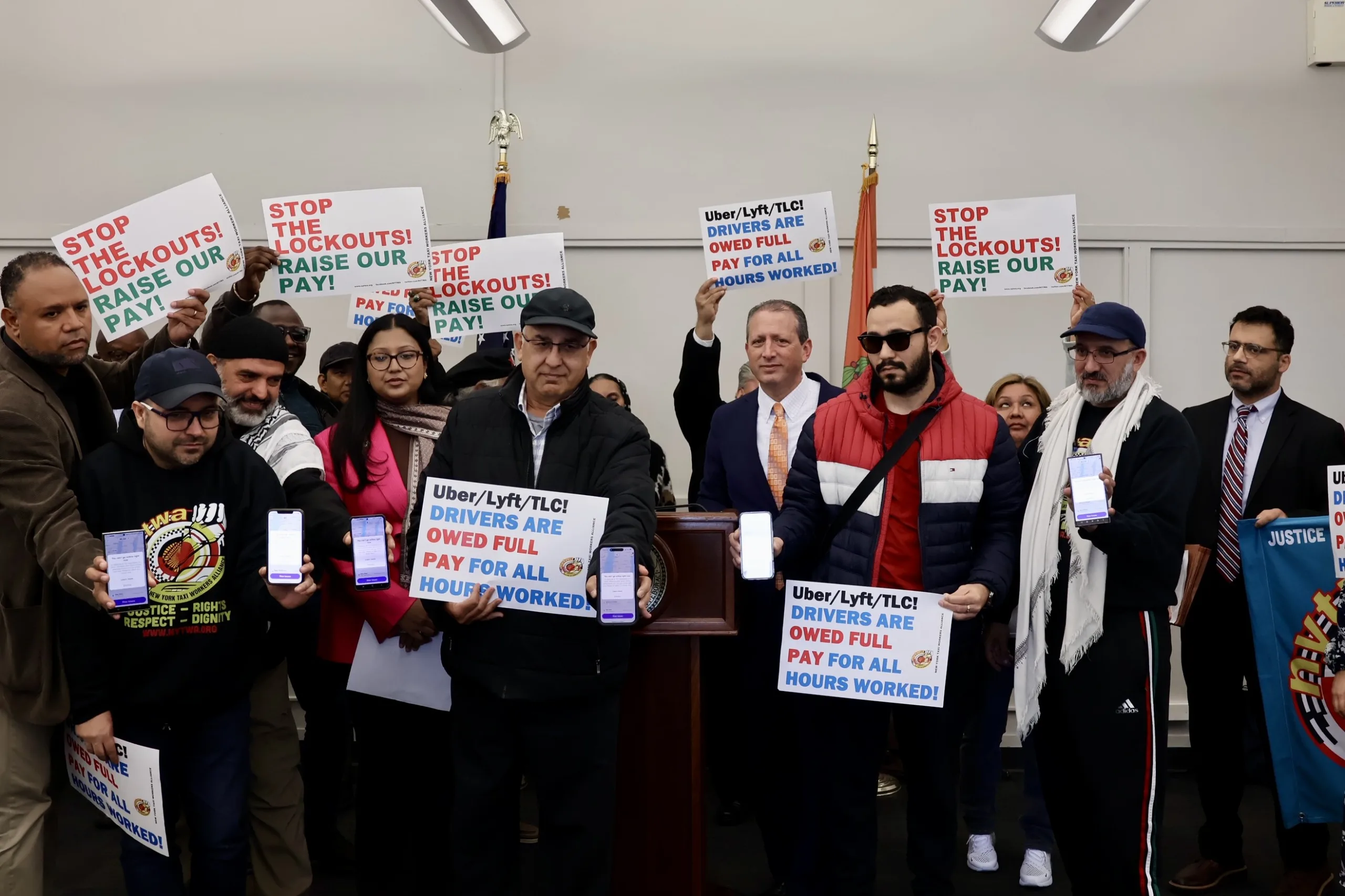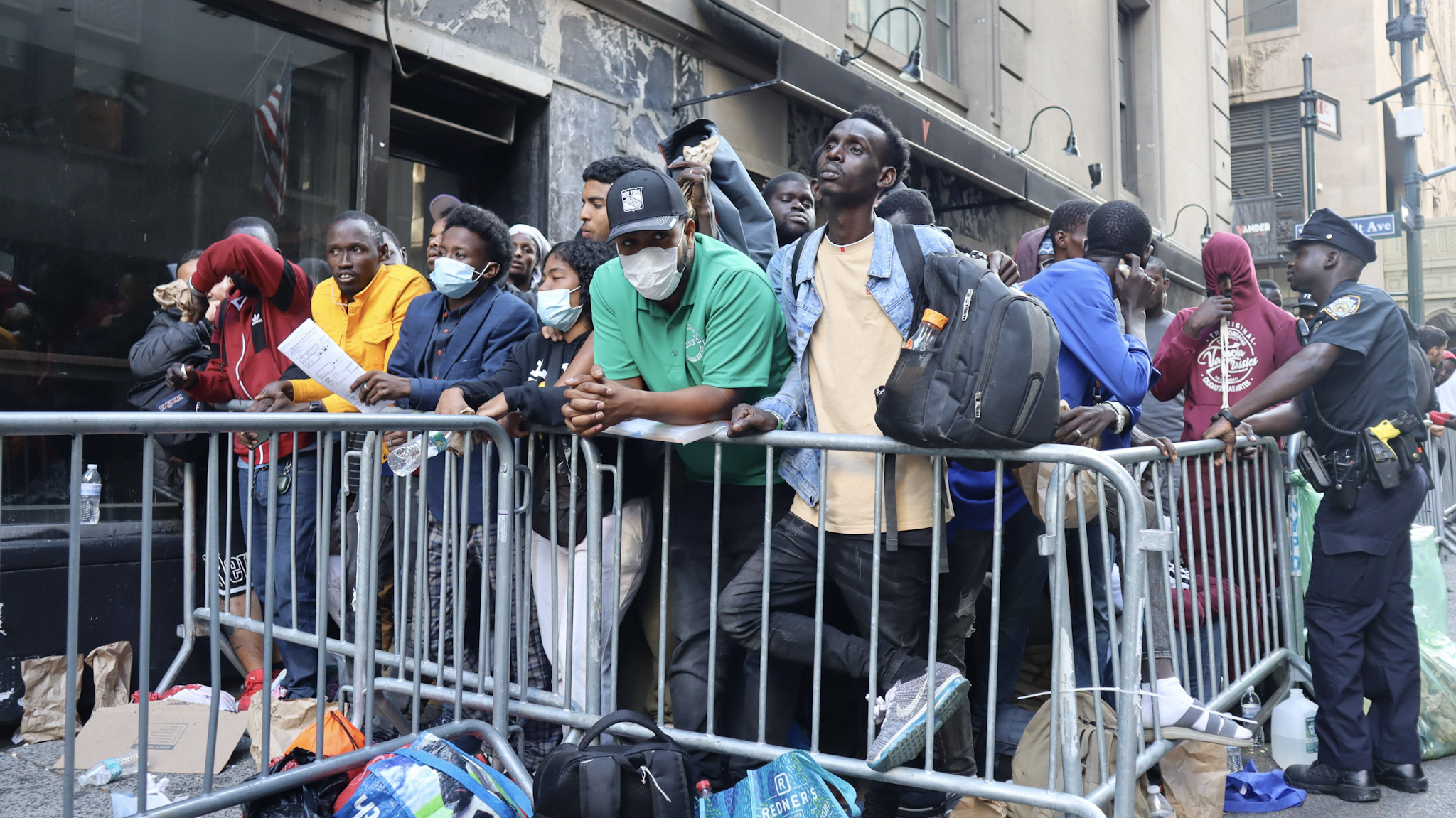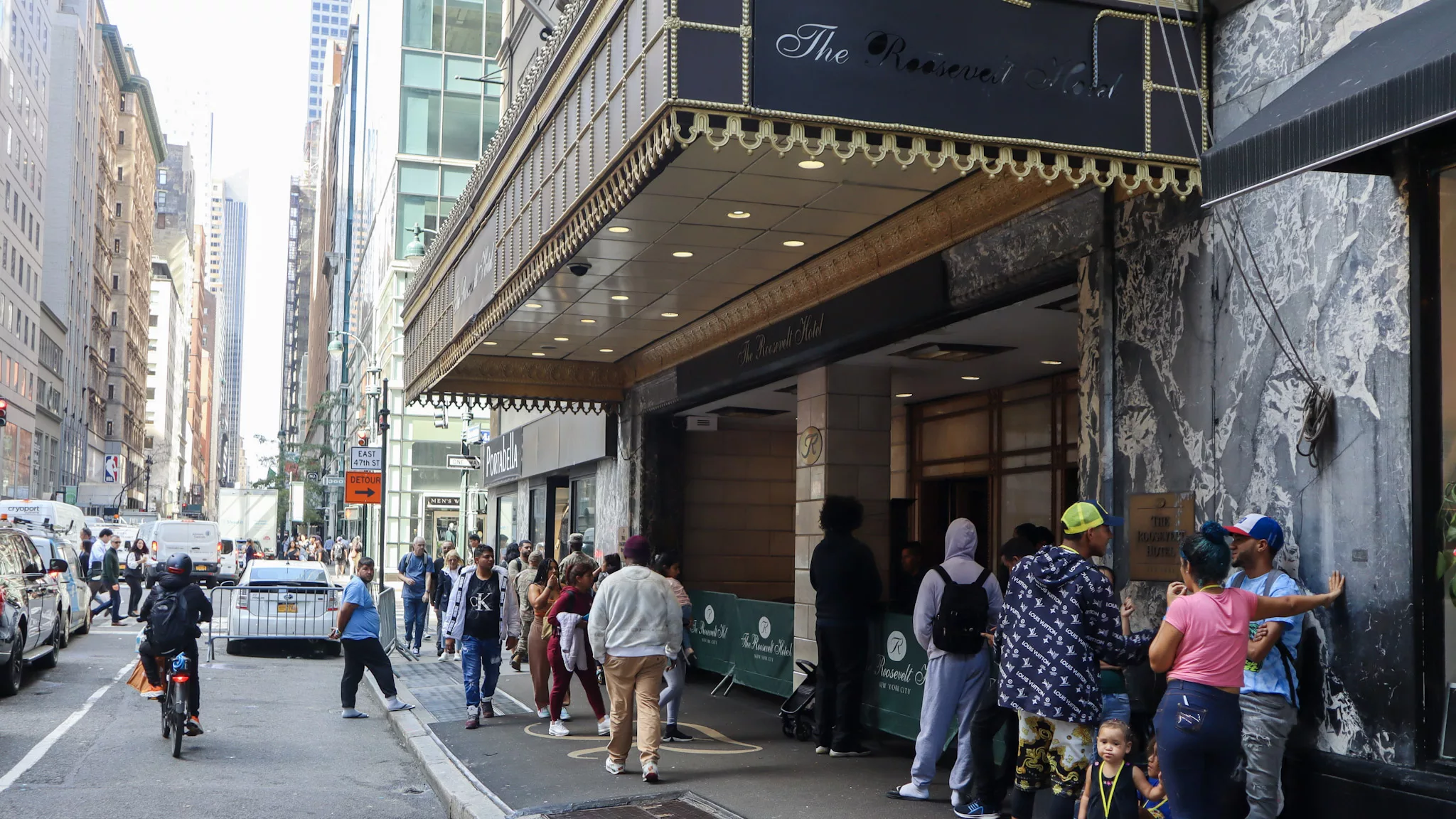This summary was featured in Documented’s Early Arrival newsletter. You can subscribe to receive it in your inbox three times per week here.
The American Civil Liberties Union filed a lawsuit on Tuesday on behalf of medically vulnerable people detained by Immigration and Customs Enforcement who have requested and been denied COVID-19 vaccine booster shots. The lawsuit demands that the medically vulnerable plaintiffs be offered booster shots. This is the second lawsuit the ACLU has filed against ICE concerning COVID-19 boosters. The plaintiffs have been told booster shots are unavailable, that they have to wait an indeterminate time, or simply ignored, the lawsuit says. Two plaintiffs even “fell seriously ill” and “still have not received” booster shots, even after clearing quarantine, the suit added. ACLU
In other national immigration news…
US Braces for Refugee Crisis Following Russia’s invasion of Ukraine
Biden administration officials are planning to send $54 million in humanitarian assistance to Ukrainian refugees who are flying out of their country for protection. More than half a million refugees have already crossed into neighboring countries including Poland, Moldova, and Slovakia, in what the United Nations has categorized as “Europe’s largest refugee crisis this century.” The number pales in comparison to the evacuation out of Afghanistan last summer, when the U.S. took in thousands of Afghans who had worked for or on behalf of the U.S. during the decades-long war. It remains to be seen whether humanitarian parole and special refugee designations will be similarly extended to Ukrainians. CNN
ICE Detainees With Severe Medical Conditions Fought for Months to be Released, and More of Them Are Still in Detention
Josmith, a 25-year-old Haitian asylum seeker with severe asthma, was recently released from ICE detention in New Mexico. He had filed more than 12 requests to see a doctor, but never got to. It wasn’t until Feb. 7, three days after he collapsed, that he was given an inhaler. ICE detainees with preexisting medical conditions that face risks of serious side effects from COVID-19 can be released under a federal court injunction issued in 2020. Yet ICE still refused to release Josmith. Another Haitian asylum seeker named Fristzner, who lost his right eye after protesting a politician in Haiti, submitted at least 15 requests to see a doctor while his vision worsened. He was later diagnosed with glaucoma. More of his friends, who are sick, are still in detention. Buzzfeed News
Immigration Politics has Led Some Hispanic Voters to Texas’ GOP
Mayra Flores, the daughter of Mexican immigrants and spouse of a Border Patrol agent, is trying to become one of the first Republicans to represent the Rio Grande Valley of South Texas in Congress. On her campaign trail, she has repeatedly heard the phrase “and what about us” in Spanish from Hispanic residents.“They feel that there is so much attention and help being given to the immigrants,” Flores said. “The attention on all these illegal immigrants, and not on them.” Dozens of Hispanic voters and candidates in South Texas say Democrats are destroying Latino culture rooted around God, family, and patriotism. The Trump administration’s anti-immigrant rhetoric has not repelled these voters from the Republican Party or struck them as anti-Hispanic bigotry, but rather drawn them in. New York Times
New Study Examines Mental Health Challenges of Bangladeshi Immigrant Women
A new community needs assessment by Urban Institute and Sapna NYC researchers examines the mental health challenges and needs of Bangladeshi immigrant women living in New York City. The study found that only 11% of the women felt they knew enough English to navigate their daily lives comfortably. Since the pandemic began in March 2020, half of the women said they had experienced difficulty paying rent. But the rent burden is not a new phenomenon in the community: 38% of women experienced difficulty paying rent prior to the pandemic, and were just as worried about rent whether they’d lived in the US for just a few months or 10 years. Several women seemed curious about mental health care, but did not know what resources were available to them or how they could advocate for their mental health needs. Urban Institute

